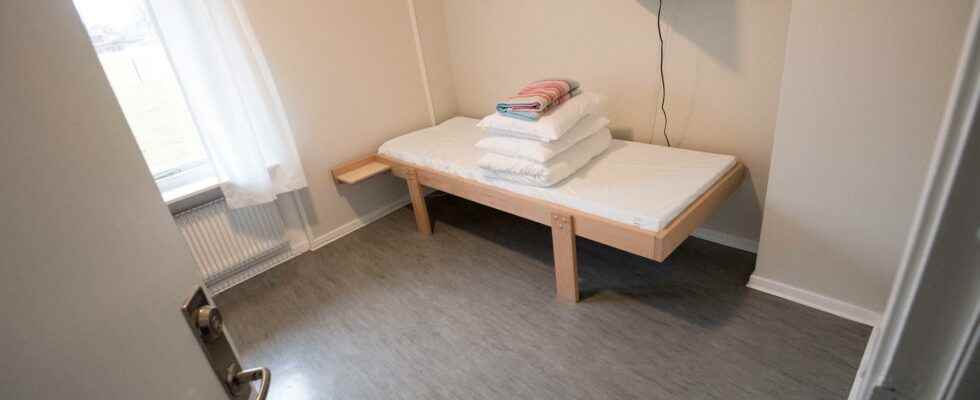People who have been released from prison prematurely through conditional release will in future be able to return more quickly if they misbehave.
– It will be an important tool for us, says Emma Ekstrand, unit manager at the Swedish Prison and Probation Service
Anyone who is released on parole must take care of themselves during the probationary period – otherwise it will be imprisonment again. But today, it can take time to arrest people who have misbehaved. For this to happen, a decision must be made by the supervisory board, only then can the Swedish Prison and Probation Service act and decide that the police should take the person into custody.
On Wednesday, the Riksdag is expected to make decisions that give the Swedish Prison and Probation Service increased powers and opportunities to precede the board’s decisions by temporarily remanding them on parole.
– In cases where it is really a person who is seriously misbehaving, may be in an area where the victim is and where you absolutely should not be, there may be a risk of recidivism in a close relationship, for example, we can understand a decision like this on bounce, says Emma Ekstrand at the Swedish Prison and Probation Service
She does not believe that the change in the law will involve any huge volumes, but in cases as described above – where there is an acute danger to oneself or others – the police should be able to be called in principle immediately.
If the Swedish Prison and Probation Service makes a temporary decision on intervention, the Supervisory Board shall then subsequently make a formal decision in the case.
The amendments to the law will enter into force on 1 October 2022.
Facts
Three sentences without imprisonment
1. To be sentenced to probation. The probation service must then support and check that the person does not relapse into crime but follows the probation plan, for example addiction treatment.
2. Conditional release. Anyone who has been sentenced to prison but behaves during the time in prison can be released after two thirds of the time. During the probationary period, the Swedish Prison and Probation Service can decide on supervision. The conditionally released person must then regularly meet with a supervisor from the probation service, who agrees with how the reintegration into society is going.
Intensive monitoring – what is popularly called foot shackles. In the case of a sentence of imprisonment for six months, the prison service can decide on a foot shackle in the home. This applies to people who show potential to be able to cope with life, those who have housing, employment and are not judged to be able to end up in addiction.
Source: The Swedish Prison and Probation Service
Read more
